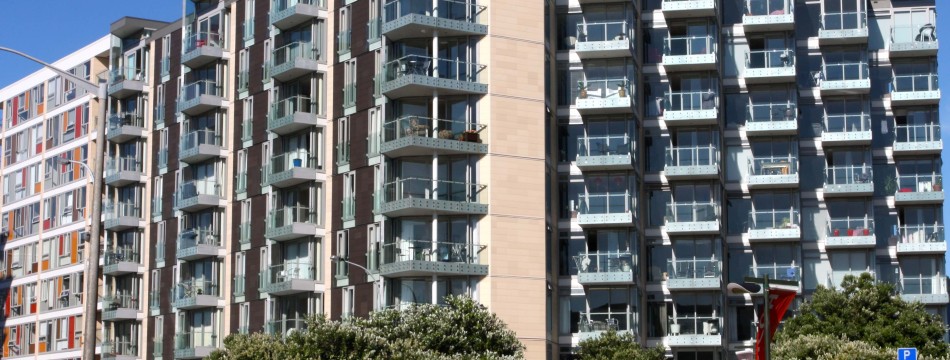Obligations and rights of owners and landlords
Under the Residential Tenancies Act, when a tenancy agreement is entered into owners and landlords have certain obligations and rights. When we take on the management of your property we become the landlord and we must adhere to the same obligations and rights*.
At the start of a new tenancy
At the start of a tenancy, a landlord must:
- sign a tenancy agreement with the tenant and give them a copy.
- give tenants a receipt for the bond money.
- pay the bond to the Ministry of Business, Innovation and Employment (MBIE) Bond Centre within 23 working days of receiving it.
- sign a bond lodgement form* and send it to MBIE with the bond money.
- ensure the property is reasonably clean and in a fit and habitable condition.
*Note: The bond lodgement form must also be signed by the tenant.
A landlord may not:
- ask for more than four weeks rent as bond.
- ask for more than two weeks* rent in advance
- ask for rent in advance before rent already paid has run out.
*Note: A landlord may by mutual agreement collect rent on a monthly basis.
During the tenancy
During the tenancy, a landlord must:
- maintain the property in a reasonable state of repair.
- carry out any necessary repairs.
- except for in emergencies, give at least 24 hours notice of entry to repair, and at least 48 hours notice for inspections.
- reimburse the tenant for costs incurred if they have paid for urgent repair work (the tenant must have made a reasonable attempt to notify the landlord before having the work done).
- pay all outgoings on the property including rates, insurance premiums, land taxes etc.
- provide and maintain locks so that the property is reasonably secure.
- provide the tenant with a receipt if rent is paid by cash or cheque.
- provide a written statement if requested by the tenant describing details and dates of rent paid.
- give the tenant at least 60 days written notice of a rent increase.
- take reasonable steps to ensure that tenants are not disturbed by the landlord’s other tenants.
- advise the tenant in writing if the property is to be sold.
- give the tenants 90 days notice once the property is sold, if the lease is not a fixed-term lease.
A landlord may:
- limit the number of people living in the property.
- discriminate against smokers and pets.
- prohibit sub-letting* or assigning (transferring) the tenancy to anyone else.
*Note: This does not prohibit the tenant from having flatmates or boarders.
A landlord may not:
- enter the property except as permitted by law or with the tenant's consent.
- inspect the property more than once in four weeks except to check on work done by a tradesperson or the tenant.
- harass the tenant or interfere with their reasonable peace, comfort and privacy, or allow others to do so.
- interfere with the telephone, gas, water or electricity supply.
- change the locks without the tenant's consent.
- seize or dispose of tenant's goods without a Tenancy Tribunal Order.
*Information sourced from the Building and Housing website of the Ministry of Business, Innovation and Employment (MBIE).

